Huanqi Yang
EmbedGenius: Towards Automated Software Development for Generic Embedded IoT Systems
Dec 12, 2024



Abstract:Embedded IoT system development is crucial for enabling seamless connectivity and functionality across a wide range of applications. However, such a complex process requires cross-domain knowledge of hardware and software and hence often necessitates direct developer involvement, making it labor-intensive, time-consuming, and error-prone. To address this challenge, this paper introduces EmbedGenius, the first fully automated software development platform for general-purpose embedded IoT systems. The key idea is to leverage the reasoning ability of Large Language Models (LLMs) and embedded system expertise to automate the hardware-in-the-loop development process. The main methods include a component-aware library resolution method for addressing hardware dependencies, a library knowledge generation method that injects utility domain knowledge into LLMs, and an auto-programming method that ensures successful deployment. We evaluate EmbedGenius's performance across 71 modules and four mainstream embedded development platforms with over 350 IoT tasks. Experimental results show that EmbedGenius can generate codes with an accuracy of 95.7% and complete tasks with a success rate of 86.5%, surpassing human-in-the-loop baselines by 15.6%--37.7% and 25.5%--53.4%, respectively. We also show EmbedGenius's potential through case studies in environmental monitoring and remote control systems development.
TransCompressor: LLM-Powered Multimodal Data Compression for Smart Transportation
Nov 25, 2024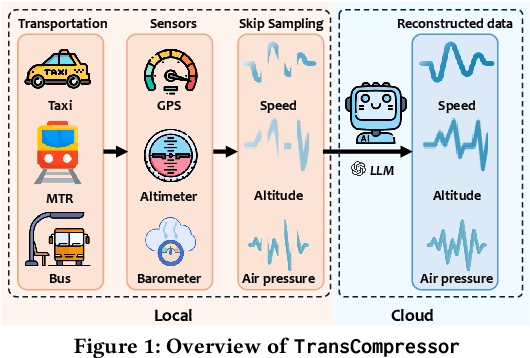
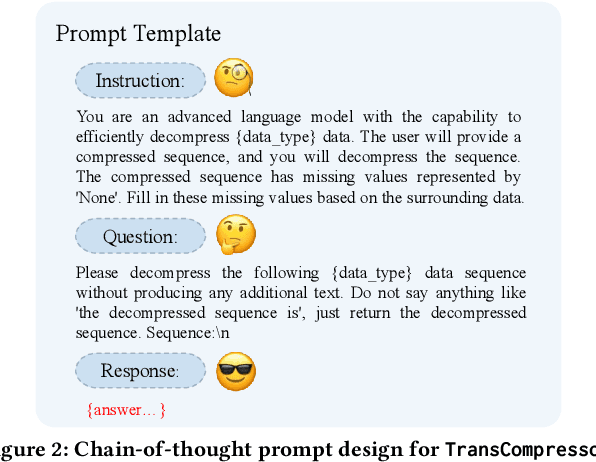
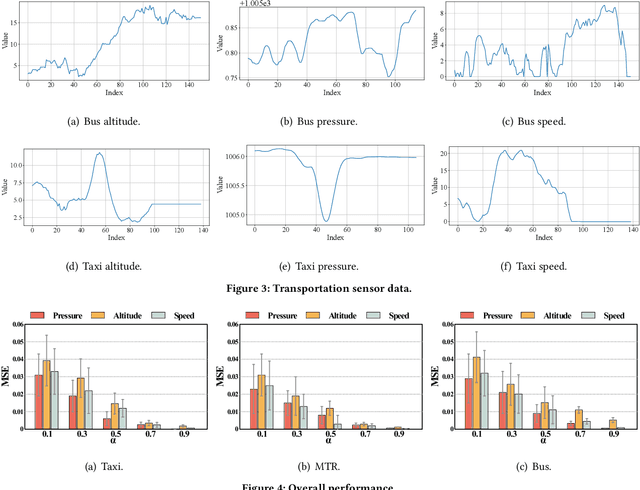
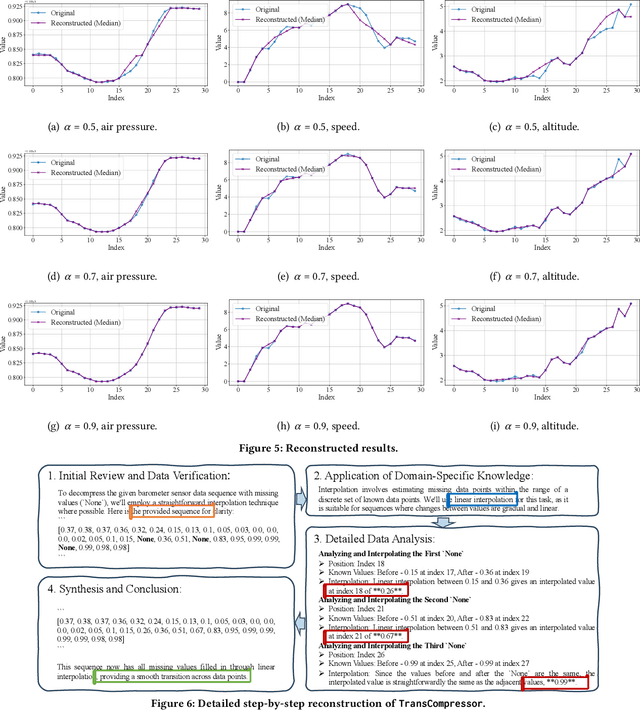
Abstract:The incorporation of Large Language Models (LLMs) into smart transportation systems has paved the way for improving data management and operational efficiency. This study introduces TransCompressor, a novel framework that leverages LLMs for efficient compression and decompression of multimodal transportation sensor data. TransCompressor has undergone thorough evaluation with diverse sensor data types, including barometer, speed, and altitude measurements, across various transportation modes like buses, taxis, and MTRs. Comprehensive evaluation illustrates the effectiveness of TransCompressor in reconstructing transportation sensor data at different compression ratios. The results highlight that, with well-crafted prompts, LLMs can utilize their vast knowledge base to contribute to data compression processes, enhancing data storage, analysis, and retrieval in smart transportation settings.
Are You Being Tracked? Discover the Power of Zero-Shot Trajectory Tracing with LLMs!
Mar 10, 2024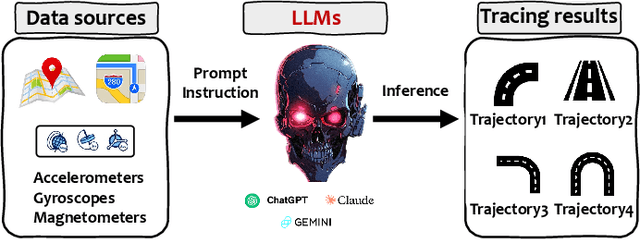
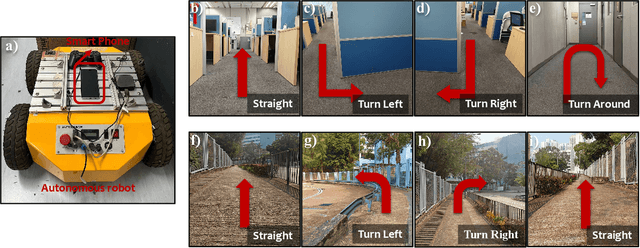
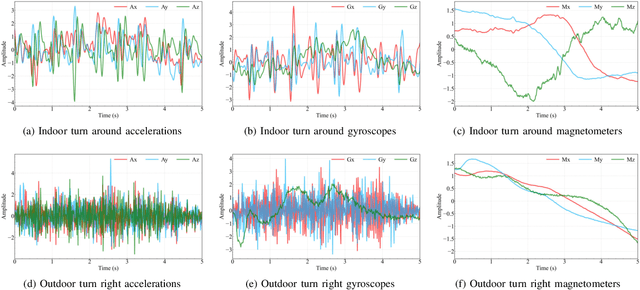
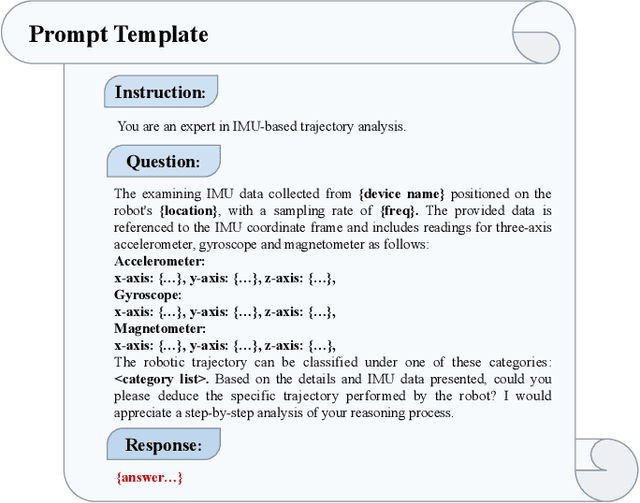
Abstract:There is a burgeoning discussion around the capabilities of Large Language Models (LLMs) in acting as fundamental components that can be seamlessly incorporated into Artificial Intelligence of Things (AIoT) to interpret complex trajectories. This study introduces LLMTrack, a model that illustrates how LLMs can be leveraged for Zero-Shot Trajectory Recognition by employing a novel single-prompt technique that combines role-play and think step-by-step methodologies with unprocessed Inertial Measurement Unit (IMU) data. We evaluate the model using real-world datasets designed to challenge it with distinct trajectories characterized by indoor and outdoor scenarios. In both test scenarios, LLMTrack not only meets but exceeds the performance benchmarks set by traditional machine learning approaches and even contemporary state-of-the-art deep learning models, all without the requirement of training on specialized datasets. The results of our research suggest that, with strategically designed prompts, LLMs can tap into their extensive knowledge base and are well-equipped to analyze raw sensor data with remarkable effectiveness.
 Add to Chrome
Add to Chrome Add to Firefox
Add to Firefox Add to Edge
Add to Edge